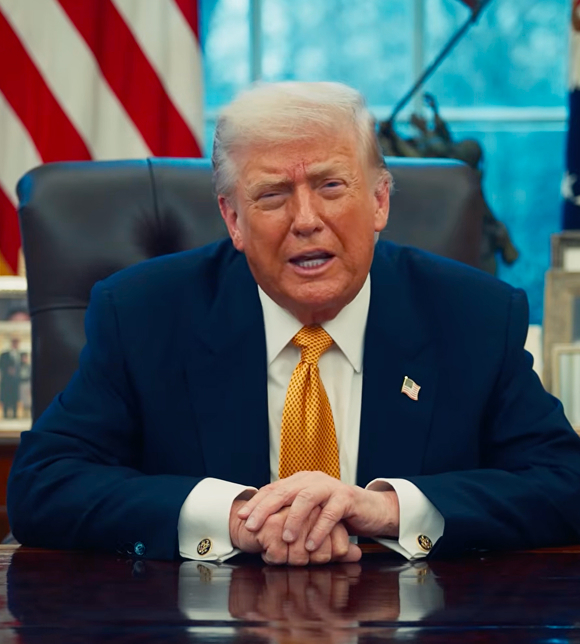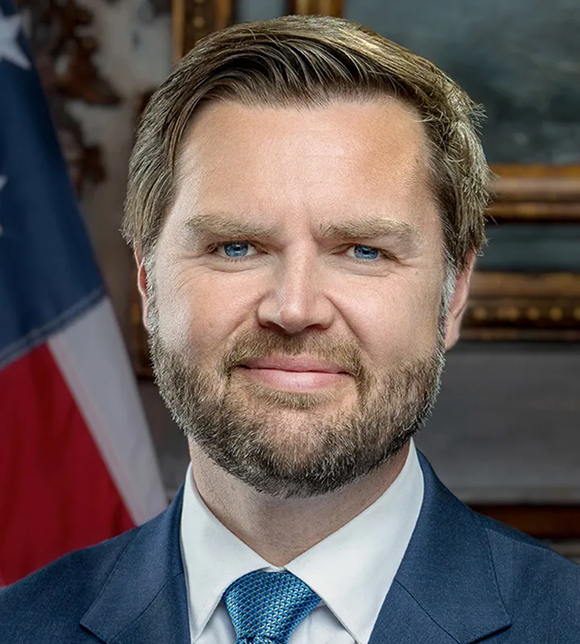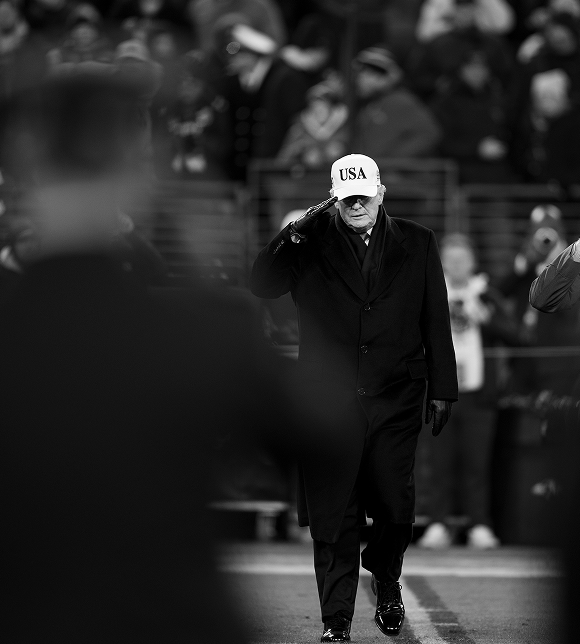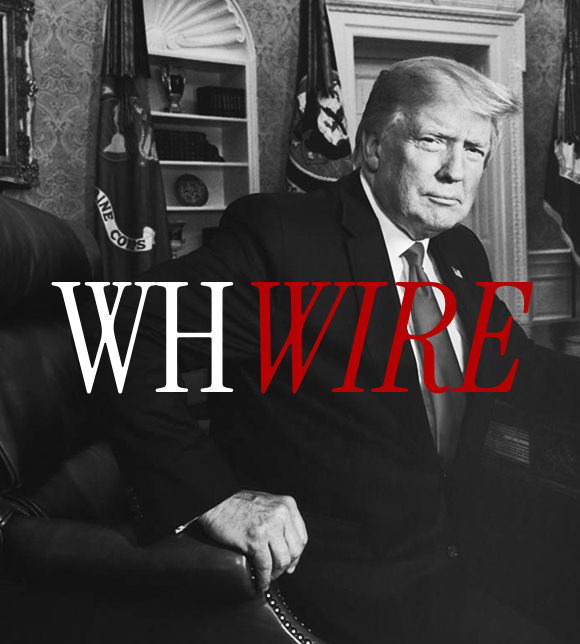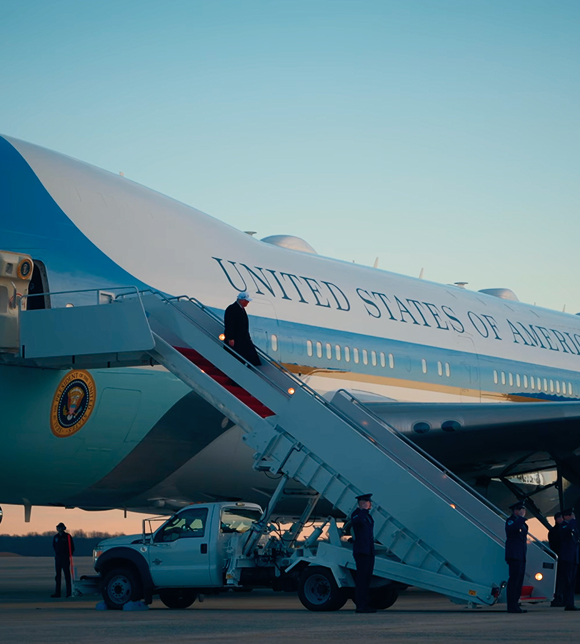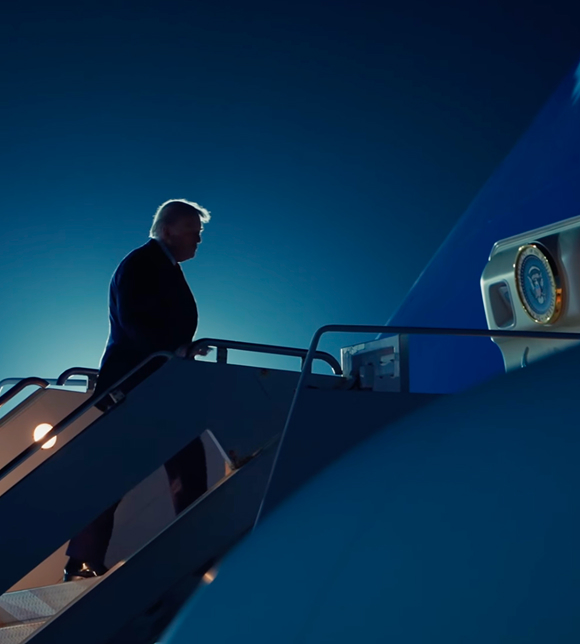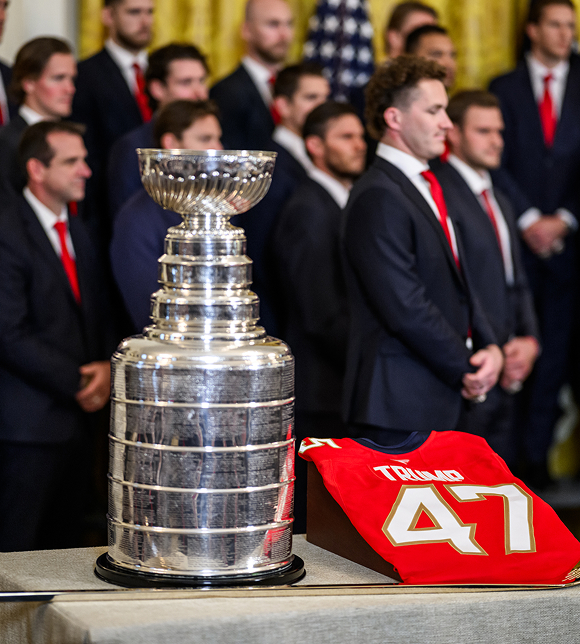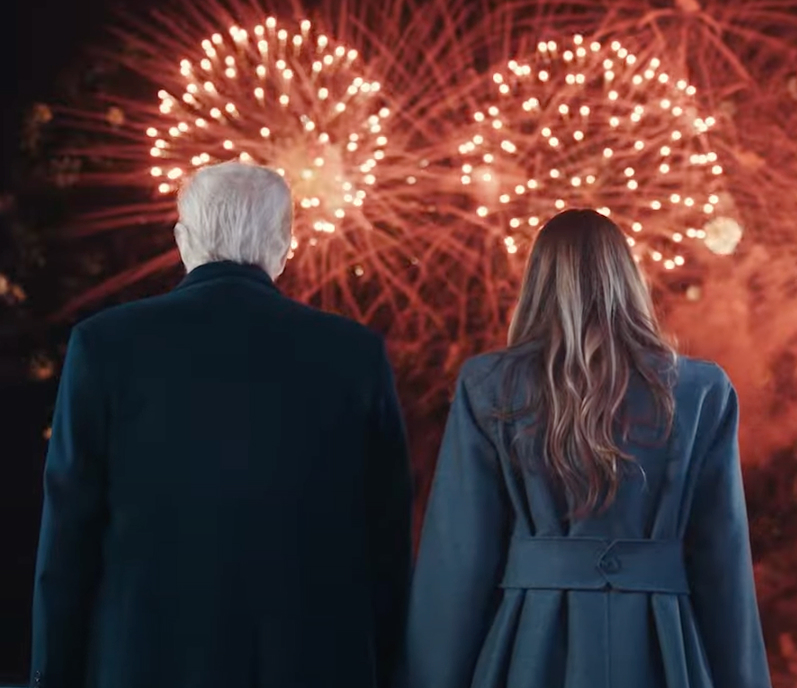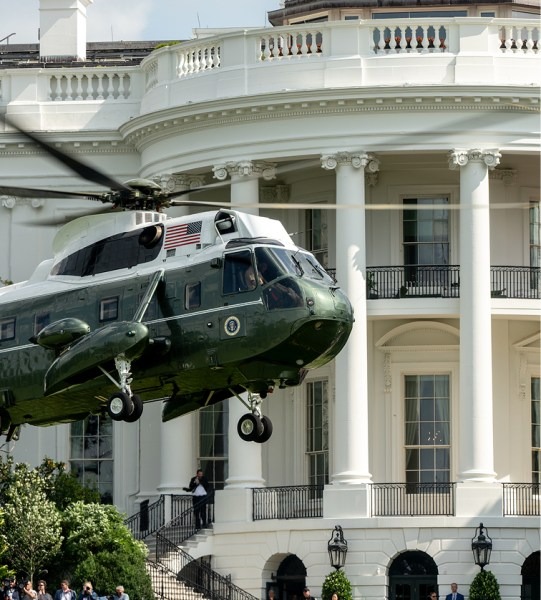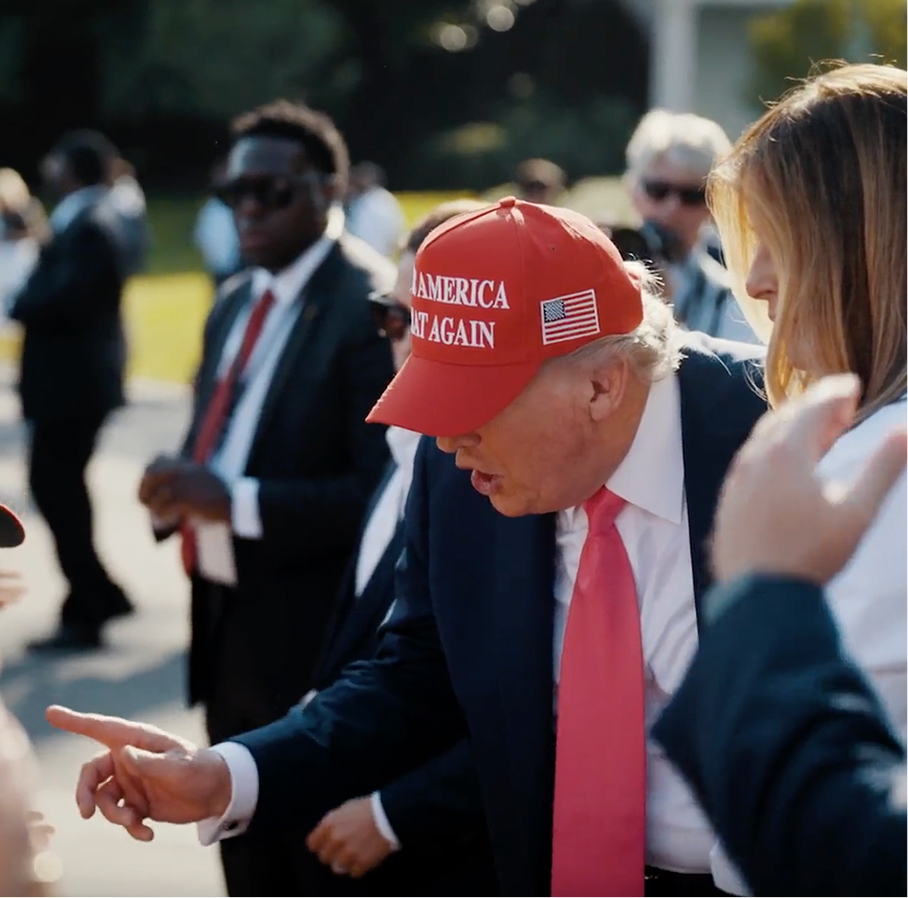Fact Sheet: President Donald J. Trump Fights Overcriminalization in Federal Regulations
EASING THE REGULATORY BURDEN: Today, President Donald J. Trump signed an Executive Order to ease the regulatory burden on everyday Americans and ensure no American is transformed into a criminal for violating a regulation they have no reason to know exists.
- The Order discourages criminal enforcement of regulatory offenses, prioritizing prosecutions only for those who knowingly violate regulations and cause significant harm.
- Strict liability offenses, which don’t require proof of bad intent, are generally disfavored.
- The Order requires each agency, in consultation with the Attorney General, to provide to the Office of Management and Budget (OMB) a list of all enforceable criminal regulatory offenses, the range of potential criminal penalties, and applicable state of mind required for liability.
- Agencies must post these reports publicly and update them annually.
- Criminal enforcement of offenses not publicly posted is strongly discouraged, and the Attorney General must consider the amount of public notice provided regarding an offense before pursuing investigations or charges.
- The Order instructs agencies to explore adopting a guilty-intent standard for criminal regulatory offenses and cite the authorizing statute.
- Agencies must publish guidance on referring violations for criminal enforcement, factoring in harm, defendant’s gain, and awareness of unlawfulness.
- The Order does not apply to immigration law enforcement or national security functions.
FIGHTING OVERCRIMINALIZATION IN FEDERAL REGULATIONS: President Trump believes that the United States is drastically overregulated and is taking action to protect Americans from unjust criminalization.
- The Code of Federal Regulations contains over 48,000 sections, stretching over 175,000 pages – far too vast for any citizen to fully comprehend, much less be criminally convicted over violations.
- Many regulations carry criminal penalties for violations, including “strict liability” offenses that do not require proof of intent, meaning Americans can be convicted without knowing they violated a rule.
- No one knows how many separate criminal offenses are contained in the Code of Federal Regulations, with at least one source estimating hundreds of thousands of such crimes.
- The situation is absurd, unjust, and ripe for abuse, enabling government officials to target unwitting individuals and weaponize regulations against them.
- Overregulation privileges large corporations, which can afford expensive legal teams to navigate complex regulatory schemes, while disadvantaging small businesses and individual Americans and stifling new market entrants.
CUTTING RED TAPE AND DISMANTLING BUREAUCRACY: Since returning to office, President Trump has worked at lightning speed to slash regulations, streamline government, reduce the Federal bureaucracy, and drain the swamp.
- President Trump established the “Department of Government Efficiency” to examine how to streamline the Federal Government, eliminate unnecessary programs, and reduce bureaucratic inefficiency.
- President Trump launched a 10-to-1 deregulation initiative, ensuring every new rule is justified by clear benefits.
- President Trump authorized buyout programs to encourage federal employees to leave voluntarily.
- President Trump simplified the Federal procurement process.
- President Trump required cost-effective commercial solutions in Federal contracts.
